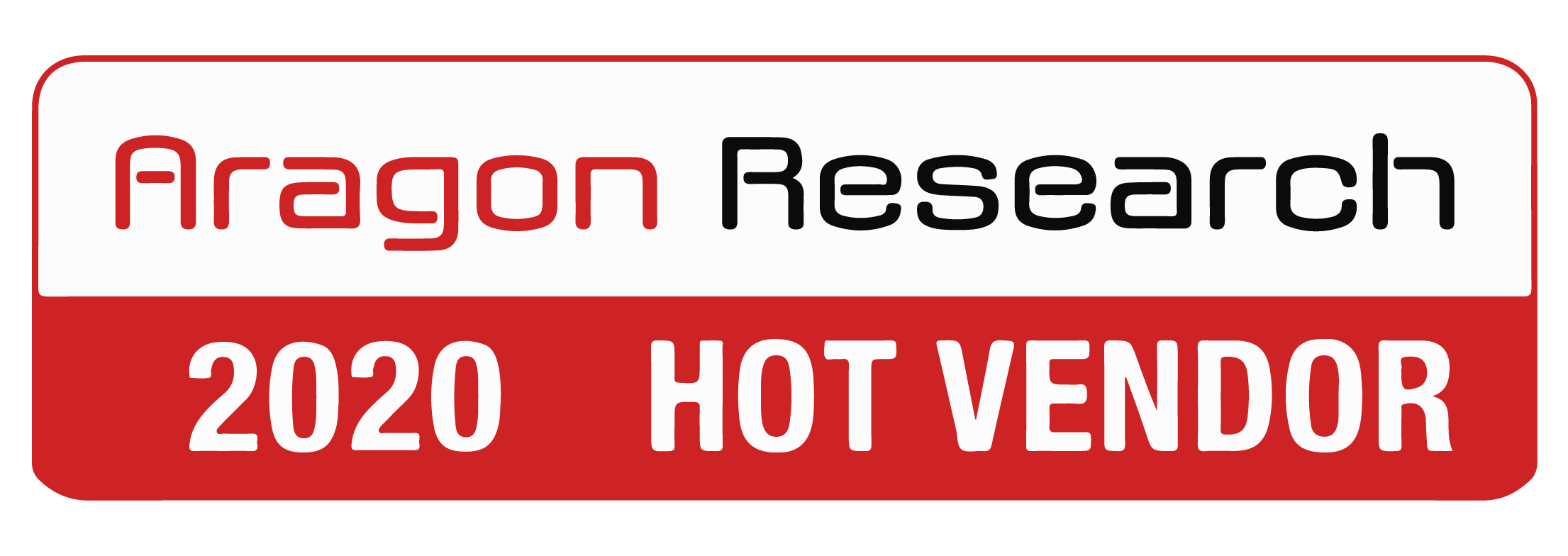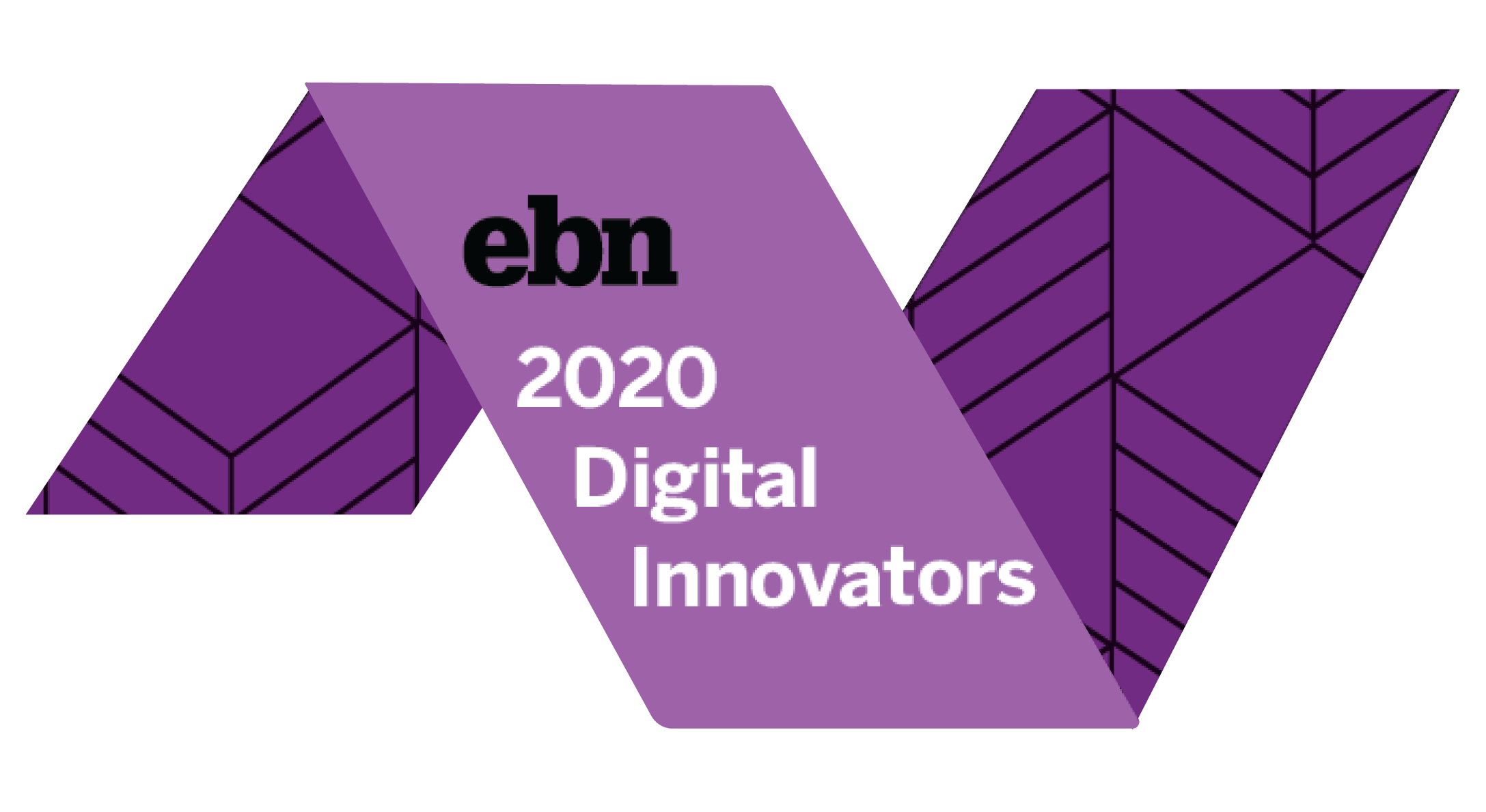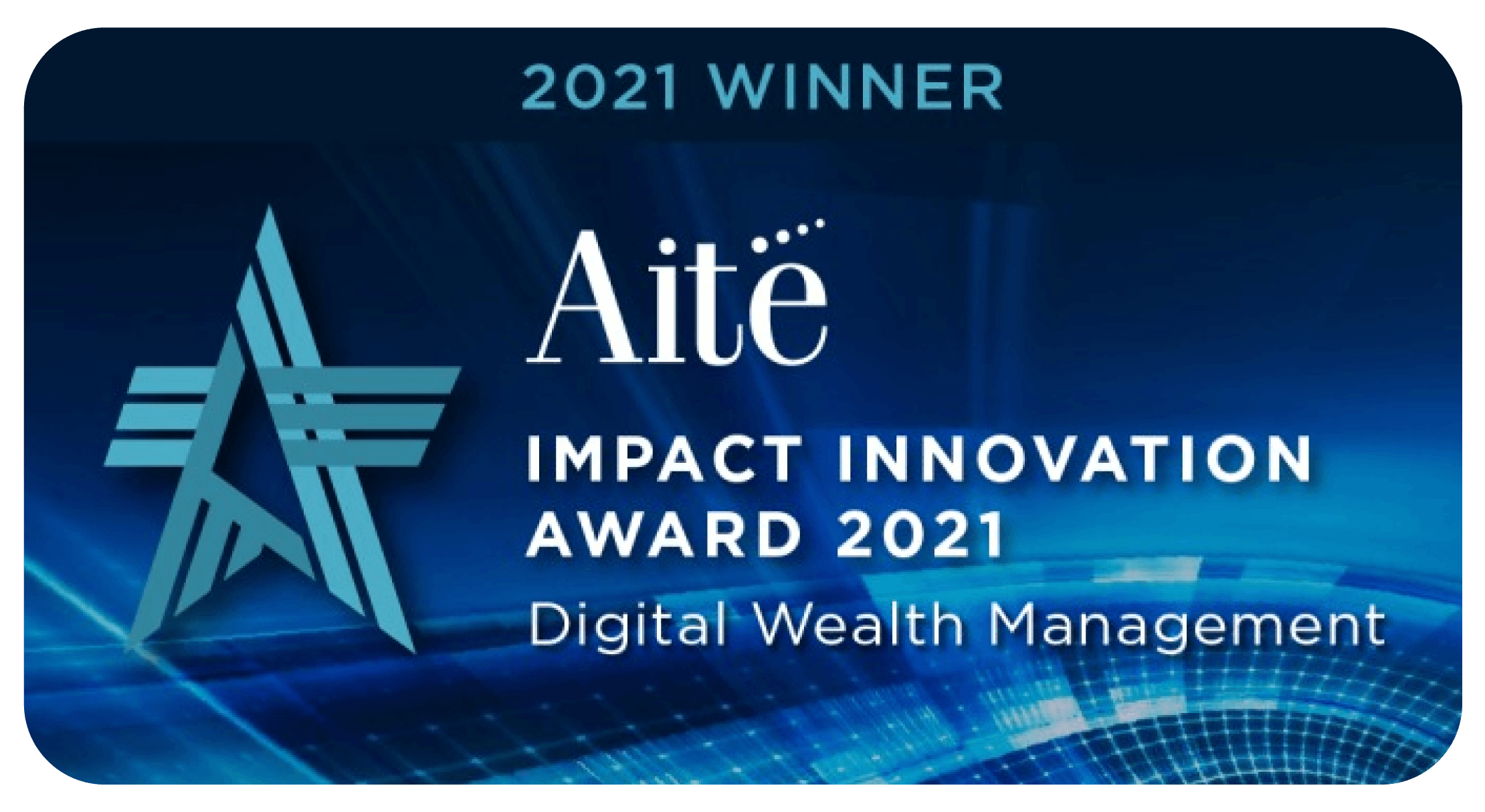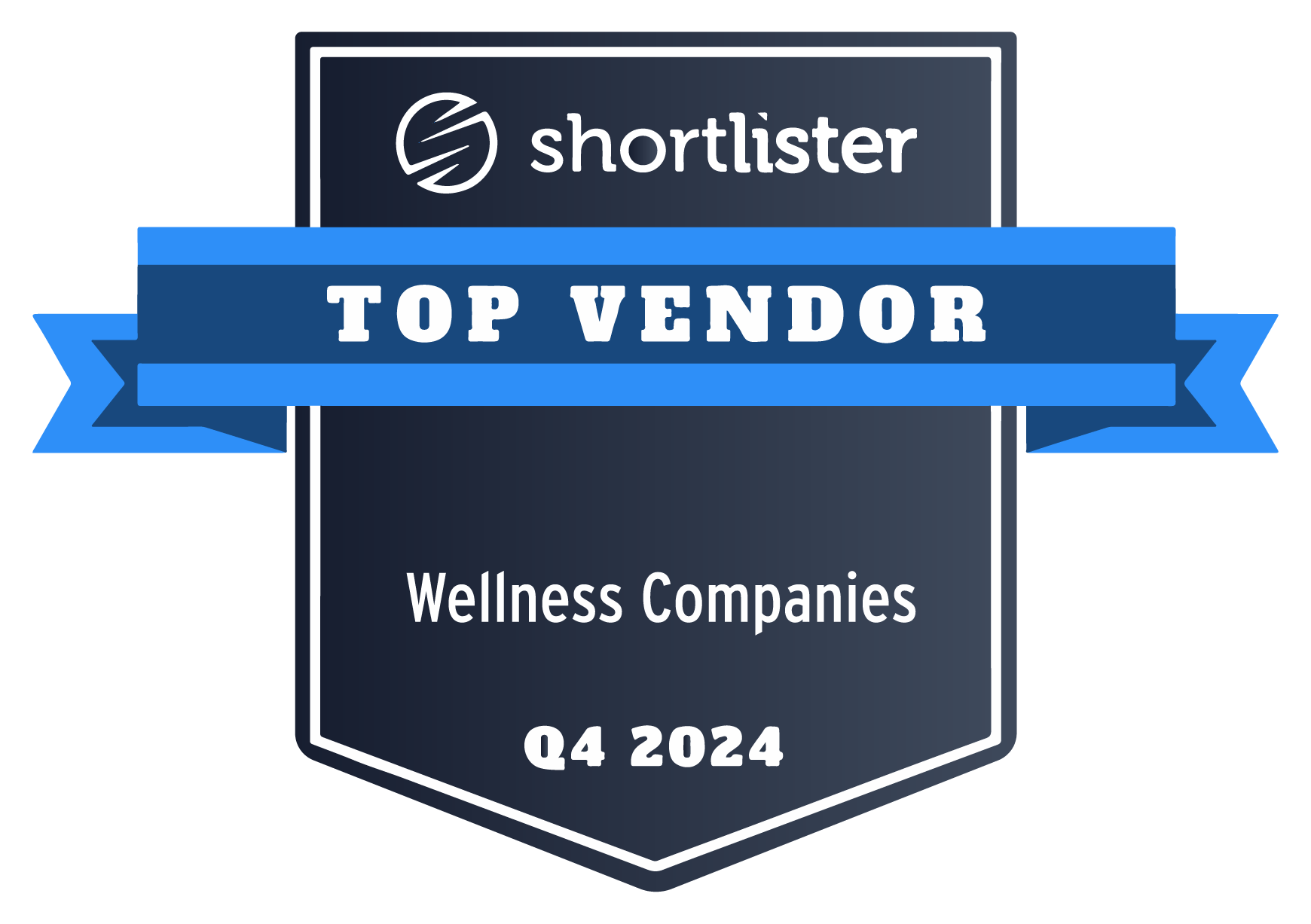The year 2020 will go down in history as a year marked with many momentous events including: the COVID-19 pandemic, recession, election, and racial justice protests throughout the United States. George Floyd’s tragic killing and the events that followed have increased the attention companies give to social justice issues and their own diversity, inclusion and belonging initiatives.
Companies from Nike to General Mills have put out statements reaffirming their commitment to diversity and inclusion (D&I). According to a survey by the job posting and review site Glassdoor, there has been a 55% increase in diversity and inclusion-related job openings since the protests started in early June 2020.
Despite the current high unemployment rate, job seekers are paying attention to how well companies treat employees and deliver on their promises. The employment marketplace ZipRecruiter surveyed job seekers throughout the country and found that over 86% say workplace diversity is an important factor when looking for a job.
The Real Opportunity
Most D&I efforts in companies today focus on representation in leadership and boards, removing bias in hiring and promotion opportunities, and ensuring equal pay. Although these efforts are important, they focus primarily on ensuring pay equality. Many companies overlook a far more powerful opportunity: helping employees from underrepresented backgrounds create generational wealth.
There is a stark wealth gap in the United States. Measured as median Net Worth, the typical white family has ten times the wealth of Black families, eight times the wealth of Hispanic families, and more than twice the wealth of multiracial, Asian, Native American, and Pacific Islander families. It’s a systemic issue and an opportunity for employers to step up and do their part by enabling employees from underrepresented backgrounds to achieve their financial goals and increase their wealth.
The wealth gap is a complex issue with many underlying causes. Understandably, companies cannot address all the issues that contribute to the wealth gap. We at BrightPlan believe that even a small effort by companies can lead to a big positive impact for generations. In particular, there are three key challenges to building wealth that companies can focus on for their employees: financial literacy, financial planning, and the investing gap.
Many of us agree that financial education is not well addressed in schools around the country, but it is especially true in low-income communities. A study from Next Gen Personal Finance found that only 3.9% of students from low-income schools had access to a personal finance class, compared to 17% nationwide.
Being financially illiterate directly affects an employee’s ability to plan for their future. 37% of all households in the U.S. do not have enough savings to cover three months’ worth of expenses at the federal poverty rate. For Black and Latino households, that number is 58%.
Lack of financial education and financial planning directly leads to the investing gap. 60% of white Americans have money in the stock market versus just 38% of Black Americans. In addition, women are 10% less likely than men to be investing for their long-term goals.
By addressing these key challenges to building wealth with a financial wellness solution, employers can help narrow the wealth gap one employee at a time. We as a society have a responsibility to create a more equal playing field in wealth generation for all employees especially underrepresented communities, and companies are increasingly expected to fill this role.
The Role of Employers
Employers have a unique opportunity to help employees achieve financial wellness since most of our financial lives are tied directly to our work. Employees increasingly expect employers to support them with their financial well-being. Employers cannot address every aspect related to building wealth for underrepresented Americans, but they can certainly step up their efforts.
Here are a few things for employers to consider:
- Ensure equal pay for equal work. We are all familiar with the statistic that women make 80 cents to each dollar that a man makes. This statistic is even worse for women of color. Create concrete steps to ensure that your company pays employees equally for equal work.
- Focus on benefits that matter. Go beyond the 401k and offer benefits your employees need especially at this time, such as high quality and affordable healthcare, mental health resources, childcare benefits, and financial wellness.
- Offer a Total Financial Wellness solution. Many financial wellness solutions offer digital education platforms. This is not enough. Including access to human financial advisors is critical to ensure confidence. A recent CNBC poll found that only 1% of Americans work with a financial planner. This number is likely lower in Americans from underrepresented backgrounds.
These steps can have a meaningful impact and help democratize financial wellness, making financial success attainable for more people.
The COVID-19 pandemic and the social justice conversations throughout the country have further evolved employees’ expectations of their company’s D&I commitments. Benefits that help all employees turn wages into wealth, especially for those from underrepresented backgrounds, should be seriously considered by all companies.
Employers have a critical role to play in ensuring all employees have the same opportunities when it comes to being in control of their financial futures―setting themselves and future generations up for success.














